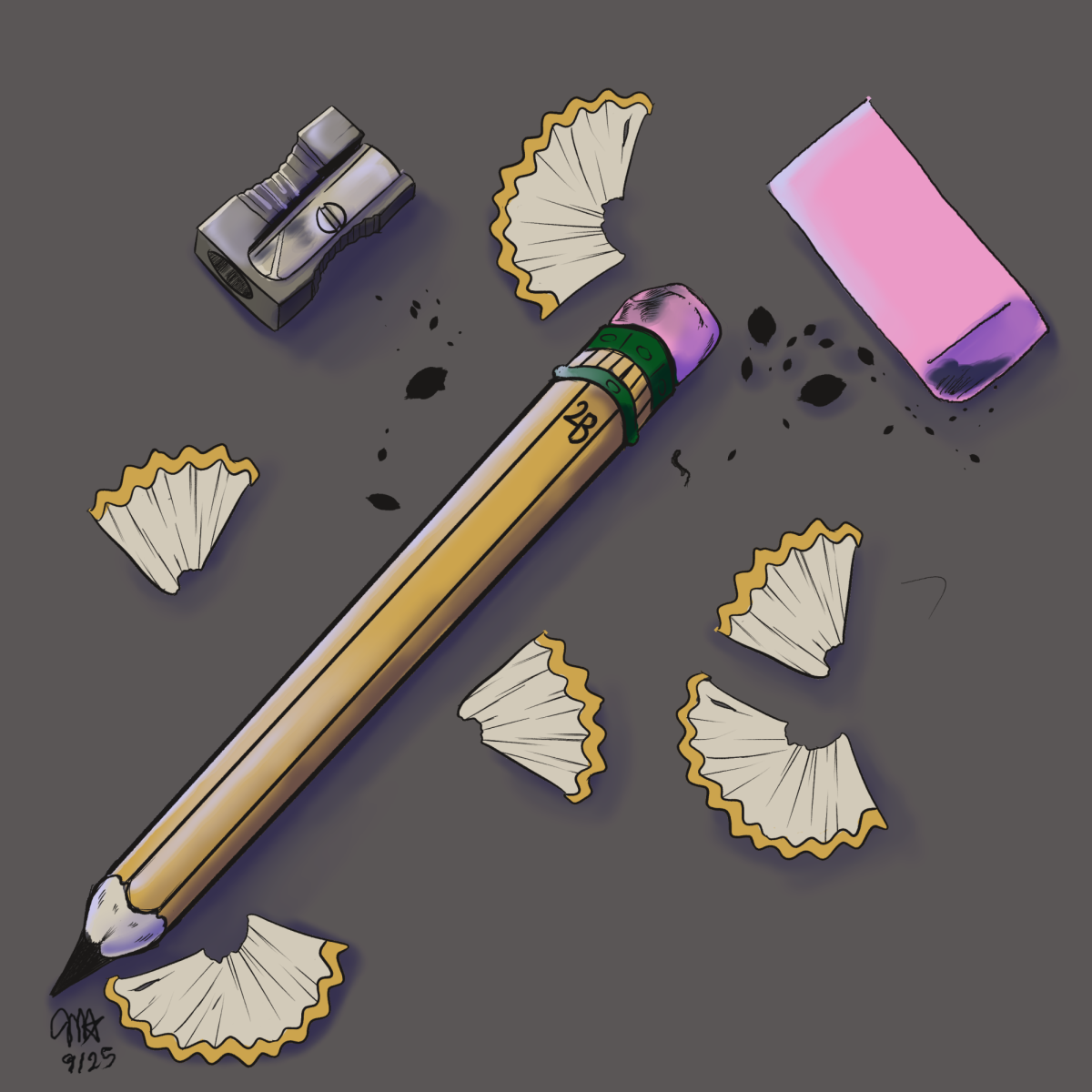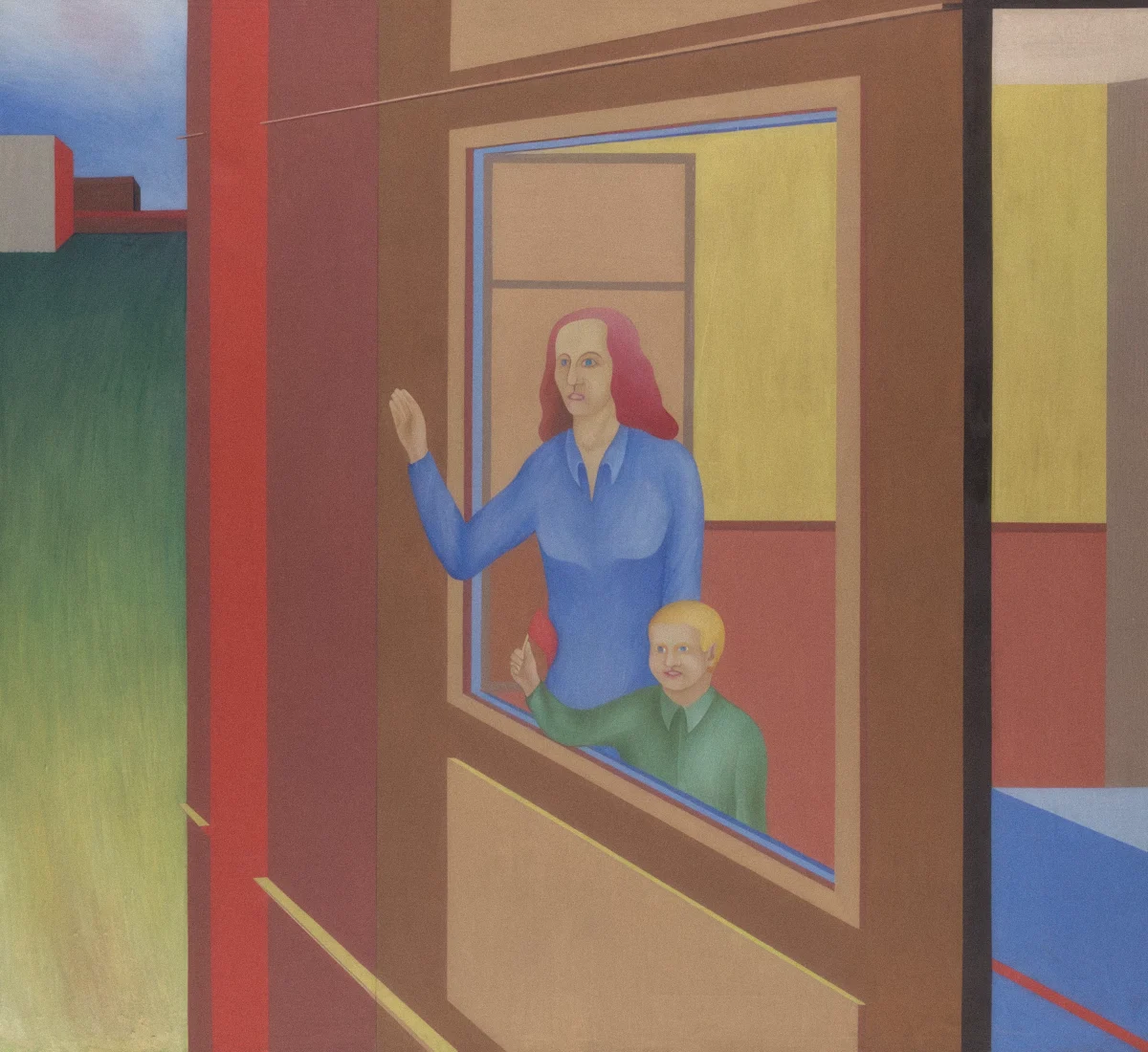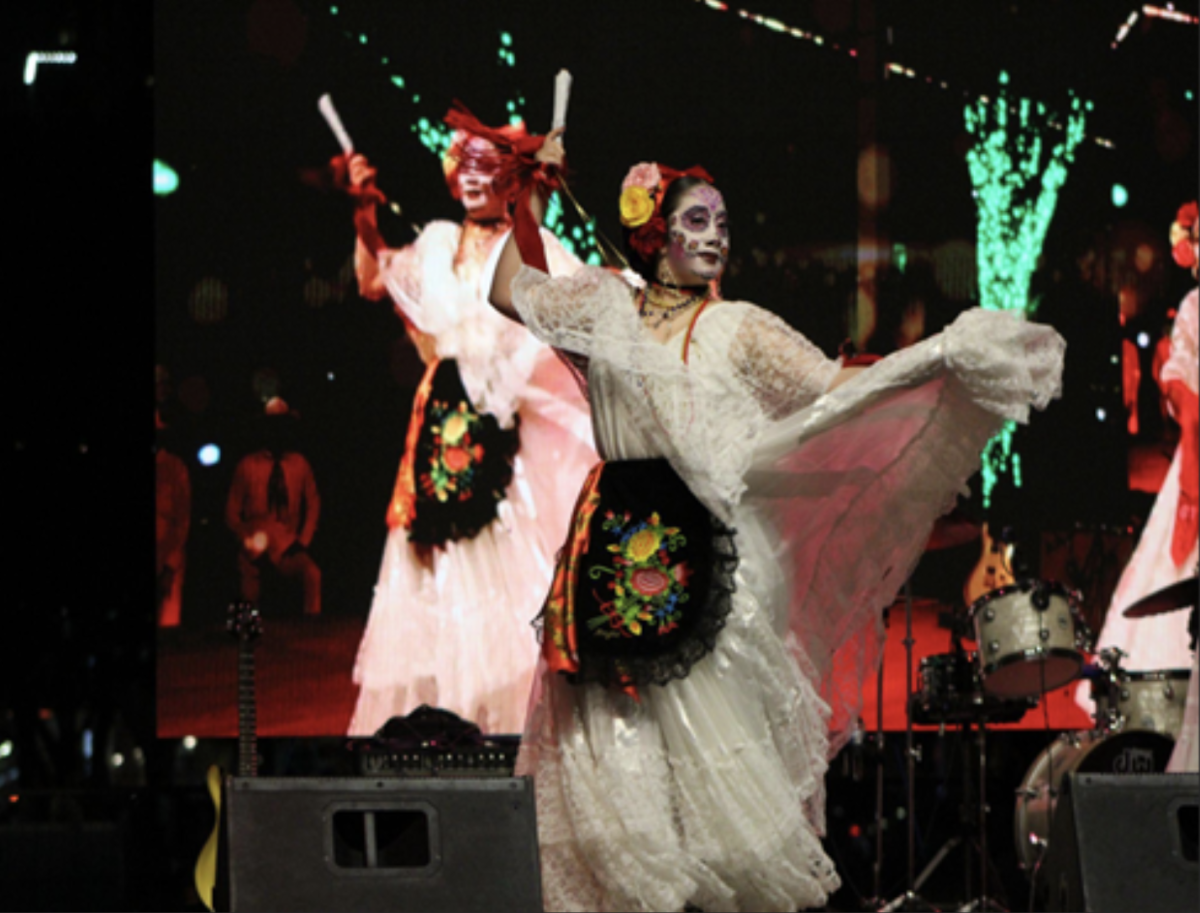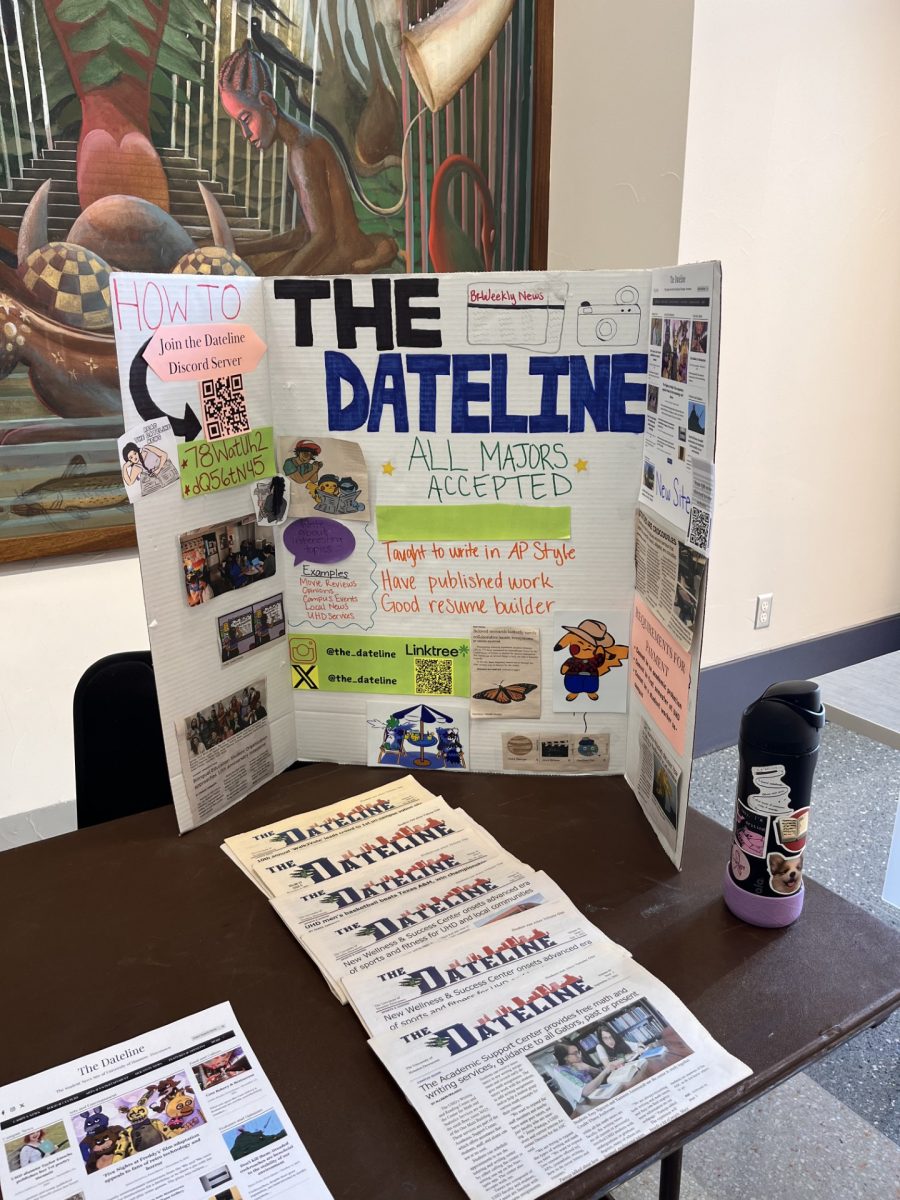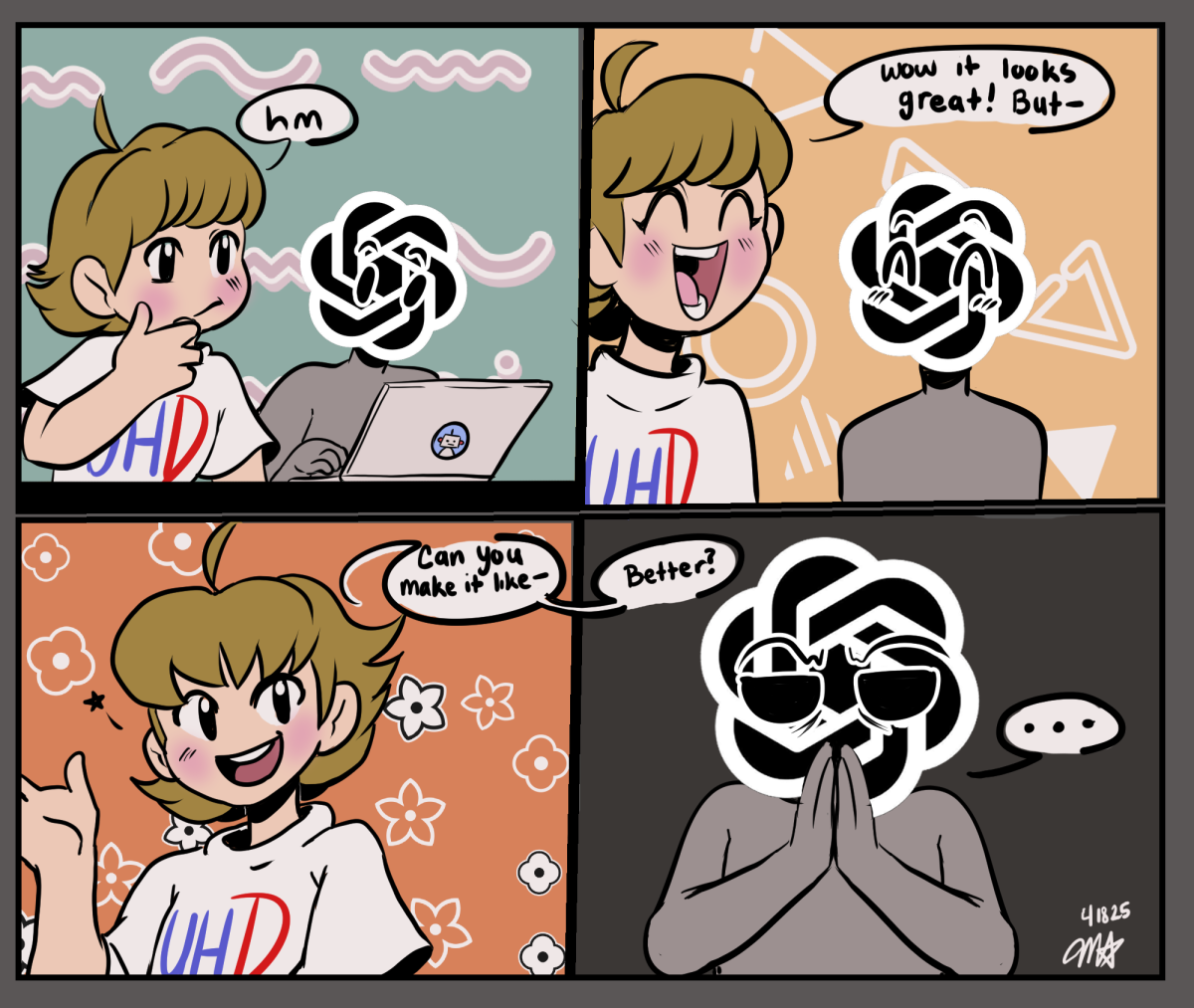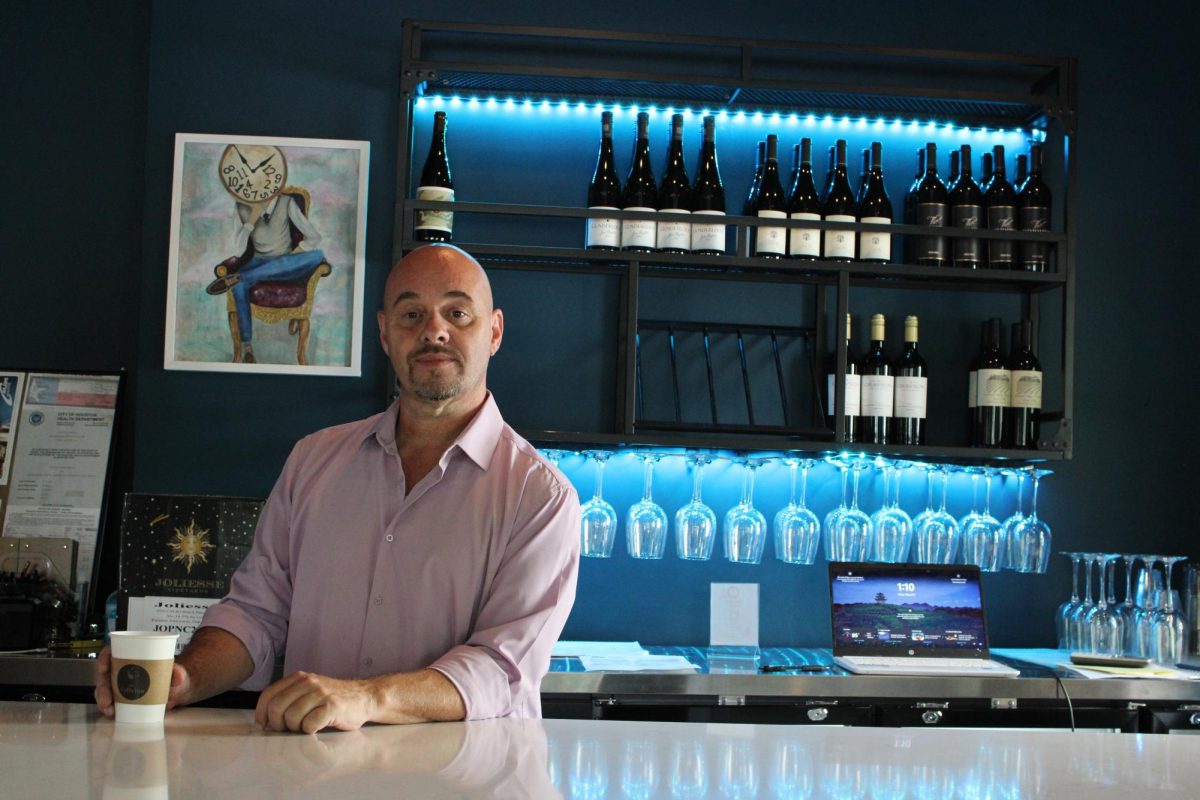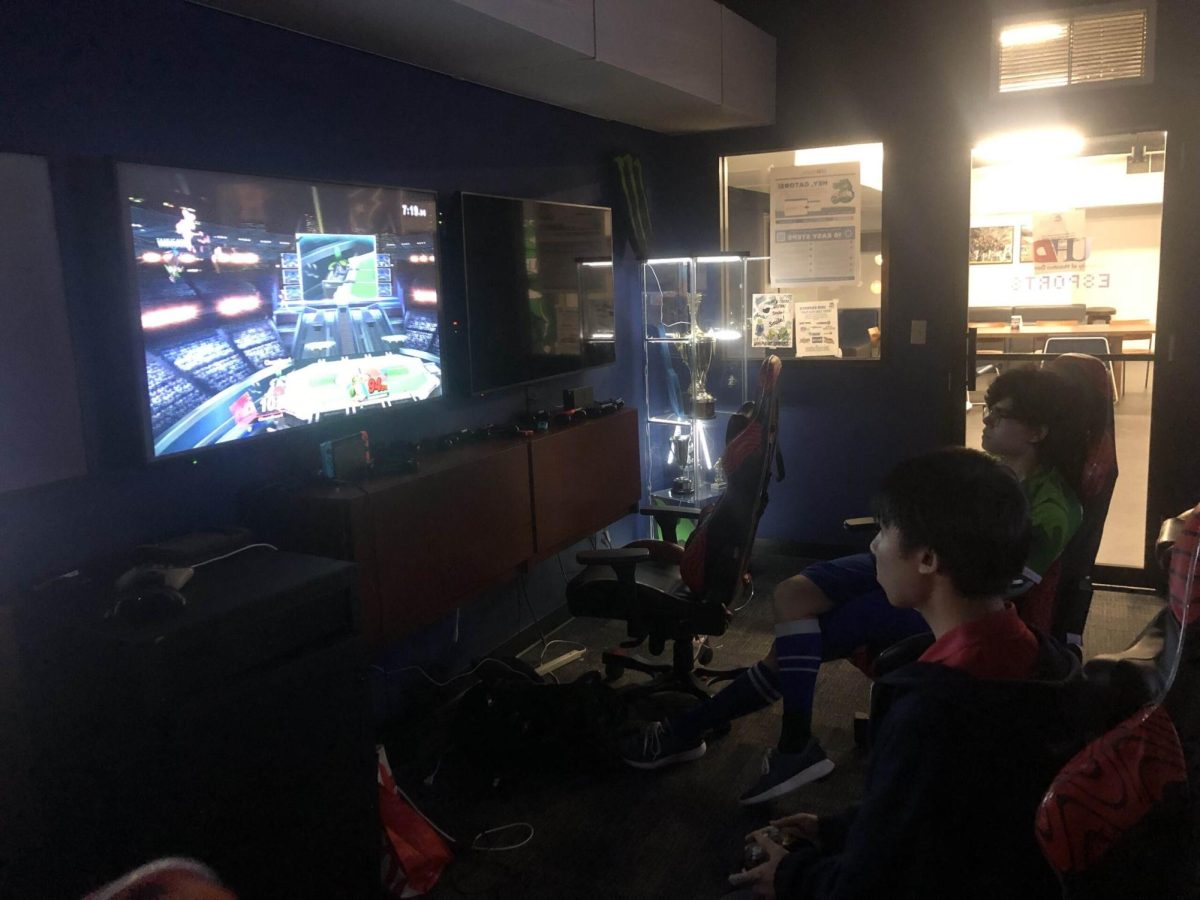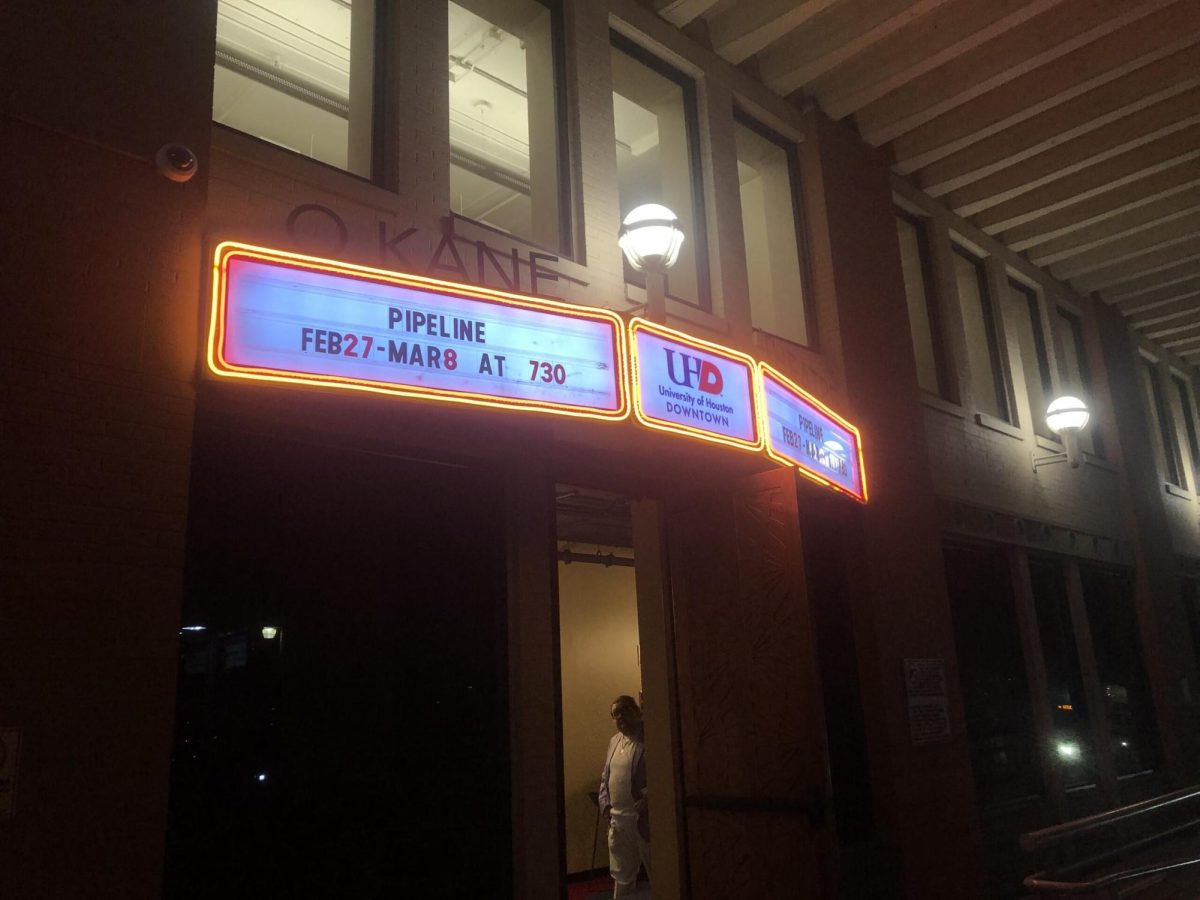“Pipeline” was presented by the O’Kane Theatre from Feb. 27 to March 8. Audiences were left speechless by the raw performance and authentic representation of social issues that plague the US school system in “Pipeline.”
Directed by Professor Zach Dailey, the play tackles racial and class inequality, generational divisions, and family structure to elicit the audience to contemplate and question the quality of the American education system.
Strict disciplinary policies in schools are increasingly pushing teens into the prison system, giving rise to the term “school-to-prison pipeline.” This issue disproportionately affects marginalized groups, such as Black and Hispanic communities and students from low-income families.
“Within the current state of things, it’s easy to withdraw, to become despondent, and to lessen your circle of concern,” states dramaturg Star Rodgers in the performance’s dramaturgy. “I hope this piece makes you consider the issues so many face, even if they’re issues foreign to you.”
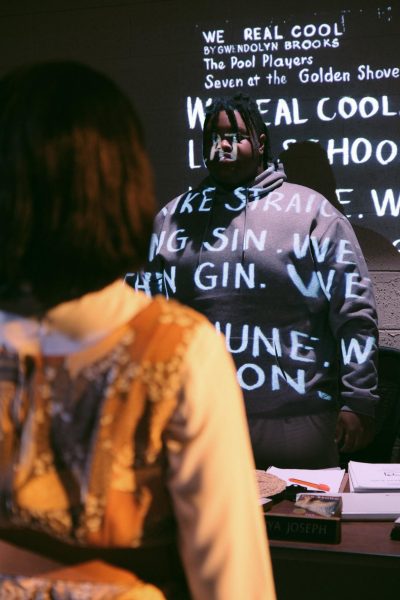
“Pipeline” is based on the real-life experience of playwright Dominique Morisseau and is set in a metropolitan city in the present—meaning the play’s events could take place in Houston or any city in the US.
The plot observes the conflict of a Black single mother and teacher Nya Joseph (Kechi Ogavu) as she struggles to confront, control and understand her teenage son Omari (Trey Worrell), who is being subjugated to the oppressive and biased school system his mother works for. Nya’s ethnicity, maternity and profession allow for a complex and conflicted protagonist that illustrates multiple perspectives of the school-to-prison pipeline.
An analogy can be drawn between the US education and prison systems, which Dailey, set designer Kyle Moore, and costume designer Kystal Uchem connote through the aesthetic of “Pipeline.”
For one, the set is littered with props, equipment and scraps from UHD. Nya’s desk is the same desk students can find in the Academic Building, and it is adorned with a used Chromebook, tape dispenser, stapler, and lamp. The chairs with peeled leather and the microwave in the school’s break room are the same ones found across the One Main Building, and the ceiling seems to be formed by old, busted, mold-ridden ceiling tiles that once belonged to UHD classrooms.
While the decision to utilize used items offers a convenient way to source props and conserve the production’s budget, it also provides history and authenticity to the set that new, shiny props would not capture.
UHD constituting the set of “Pipeline” is further reinforced by the positioning and purpose of the audience. When the play’s setting is in Nya’s classroom, there are no chairs, yet she delivers her lecture while directly addressing students by name, looking out at the audience. This suggests that the audience, mostly UHD students and staff, represents the students in “Pipeline.”
Two costumes, in particular, aid the blending of the school and prison aesthetic. In one of Nya’s visions, Omari dons a white t-shirt and orange sweatpants to resemble a prisoner—a representation of Nya’s fears for her son’s future.
The second costume is the presence and appearance of Officer Dun (Mawue Agbenohevi). While, unfortunately, it is normal for schools in the US to have police officers on campus, the decision to include Dun, with his charcoal black police uniform, gold badge, utility belt, and holstered handgun, in the performance reinforces the facilitation of juveniles to the prison system.
The O’Kane Theatre’s rendition of “Pipeline” is powerful in moving the audience, both emotionally and in piquing the audience’s mind to

confront the reality of the school-to-prison pipeline. Using UHD objects as props and incorporating prison visuals creates a bleak meld of the education and criminal justice systems that stunned audiences.
The O’Kane Theatre’s upcoming performance of “Xochi: Jaguar Princess” will also be shown this spring from April 7 to April 11 and will be free to attend—first come, first serve.


